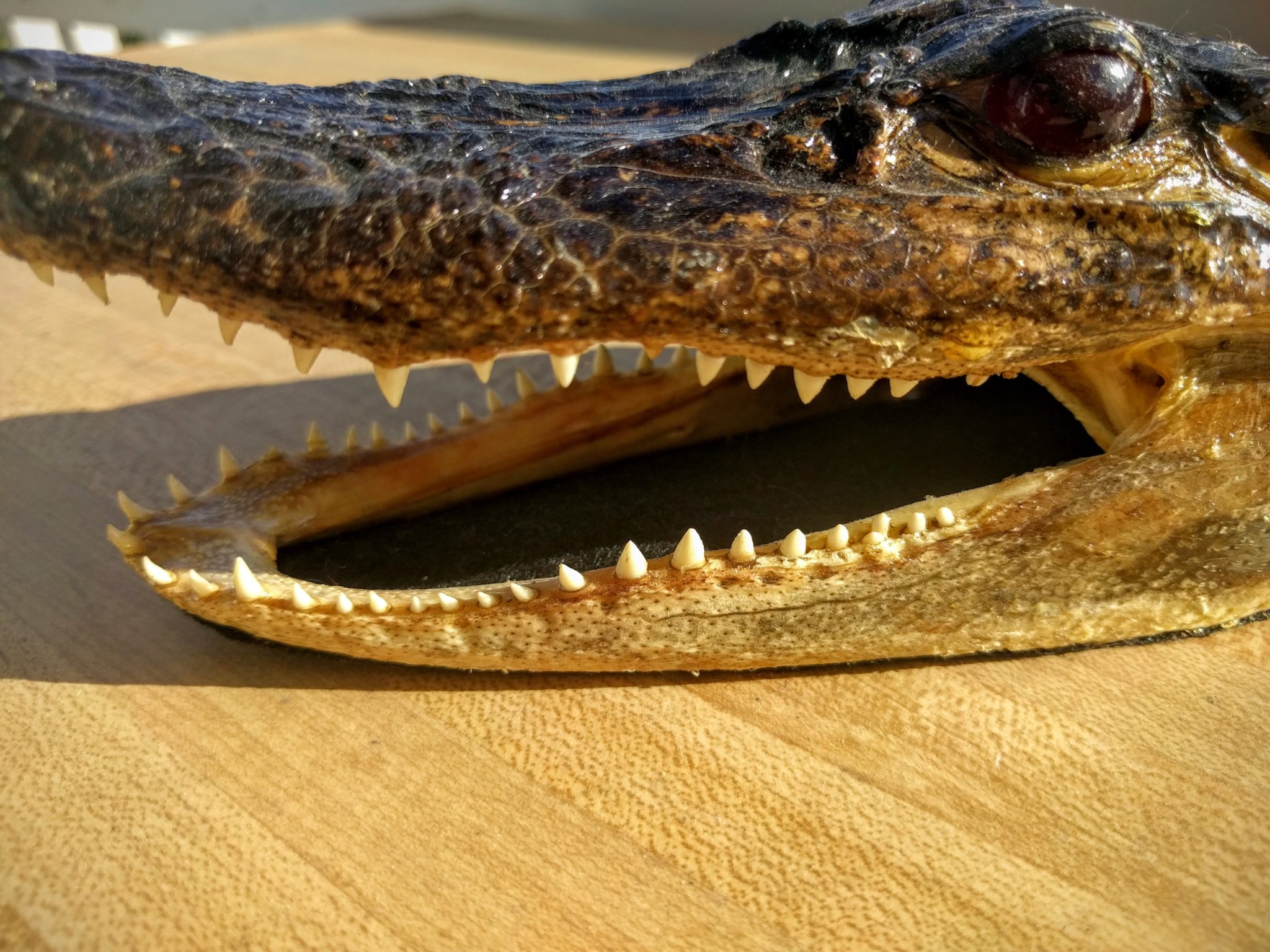Edit on 06/17/16: Less than 24 hours after I wrote this post various news outlets disclosed that Disney employees reported problems to management regarding guests feeding gators – for 14 months. I have to rescind my below comment on it “probably not” being Disney’s fault. If they were made aware of the issue and did nothing, clearly they are at fault.
I’ve been semi-obsessed with gators for a few years now and consider myself fairly educated on the reptiles.
As an enthusiast but admittedly non-expert, I’d like to share my opinion on the recent gator-related tragedy in Orlando.
In case you’re living under a rock or coming across this post years after the fact: a two-year-old was taken by an alligator, unprovoked, on the shore of a Disney resort.
Here’s the thing: this likely happened because someone fed that gator.
When people feed gators they’re no longer afraid of humans, and will in fact approach them for food. If you don’t have food, you’re food.
Gators are opportunistic feeders. If you say, fall in a moat full of gators, they’re probably going to seize the day and grab you. If you’re say, hanging out next to the moat, not doing anything stupid, they probably won’t bother to crawl their huge bodies out of the water to come and get you.
For the gator to approach that boy when he wasn’t provoking him, tells me the gator was being fed.
Christopher Gillette, former Gator Boy from Animal Planet and underwater photographer who has been working with gators for many years, basically confirmed my thoughts with his recent Facebook post.
In general with maybe a few exceptions, we shouldn’t be feeding wildlife at all – it can disrupt their ecosystem and environment. It can cause overpopulation the natural food supply can’t support, feces can accumulate and be a hazard to humans, you could inadvertently feed something harmful to them, etc.
And in this case, feeding can cause dangerous animals to become way too friendly with humans.
I don’t think the parents should be blamed – authorities have already determined there was no negligence on their part.
Parent-blaming online has gotten really out of hand. It’s easy to point fingers, but accidents happen in a matter of seconds and they can happen to anyone.
Don’t tell me you never look at your phone when you’re with your kid. You never take your eyes off him to pour milk in his sippy cup. You never are forced to look away because your other child is viciously shoving crayons up his nose.
Should we blame Disney? Probably not.
Reportedly they had “no swimming” signs, but not signs warning about gators – but gator attacks are so infrequent. It would be like having a black bear warning in the woods for campers.
And frankly, I thought it was common knowledge that gators pop up in any body of water – man-made canals and swimming pools included – and in other spots, like on golf courses, in Florida. If I was near any water in Florida I would assume a distinct possibility of a gator in there, period.
But apparently, I’m wrong and it’s not common knowledge, or at least it wasn’t. I’d say we need to educate the public more about their presence, but hopefully that’s a moot point now.
However, I have not seen a lot of media coverage on not feeding gators, and how that is probably how this happened. If I do see a comment on it, it’s mentioned almost as an afterthought.
In order to prevent a tragedy from happening like this again we need to educate people about the dangers of feeding wildlife – especially dangerous wildlife.

Comments
3 responses to “How to prevent a gator tragedy”
great column
Spot on!
I stand with your original statement, tho Disney needed to post signs AND get guests to stop feeding the gators.!